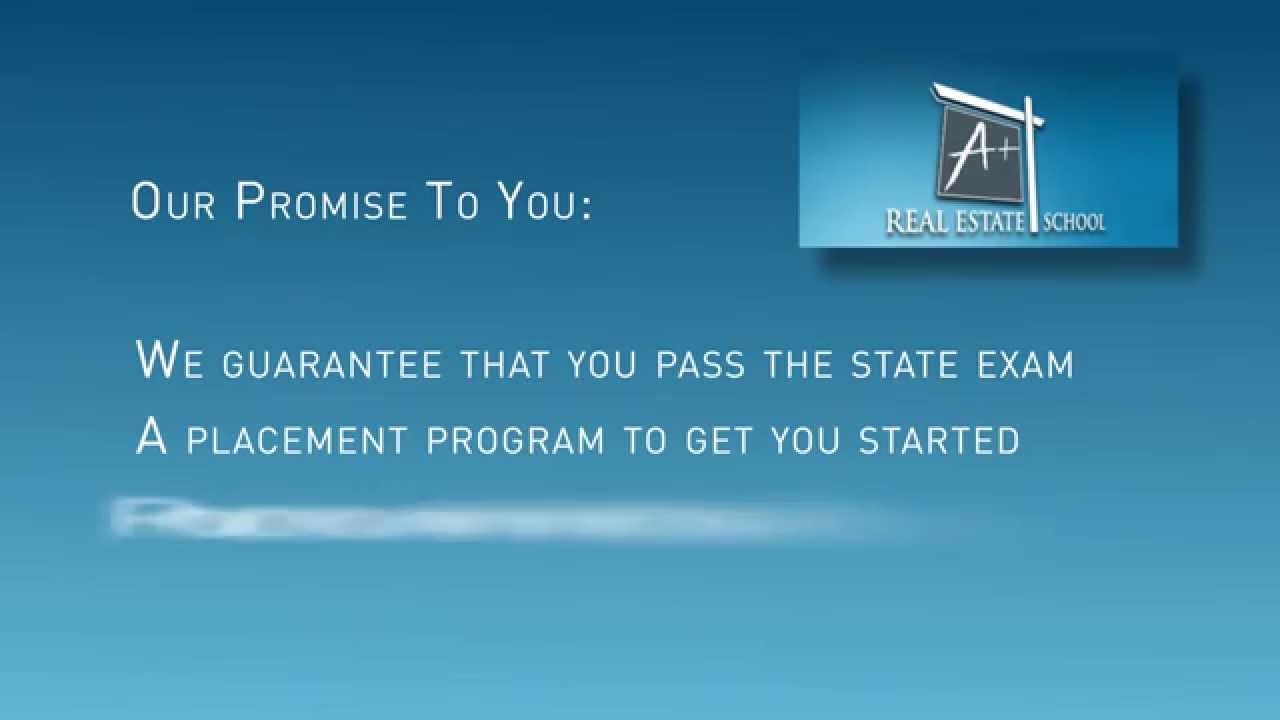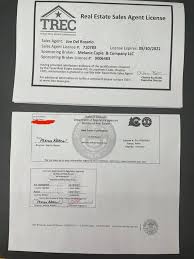
Closed costs can be expensive, regardless of whether you are buying a new home or refinancing an existing one. They can vary between lenders, states, and loans. It is best to shop around for loans to determine what you will pay.
The appraisal fee is one example of fees that are not negotiable for mortgage refinances. Some are optional. You can negotiate with your lender to have some of these fees waived. You may also be able to get them reduced if you have a good credit score or low DTI.
An appraiser's fee can range from $300 to $500, and most lenders will require an appraisal before you refinance your home. Another requirement is insurance and a title search. You can negotiate with an insurance provider to get a lower price. Lenders typically charge between $500 and $700 for the policy.

Property taxes will be required for the property you purchase. Some of these taxes will be due at closing. In addition, the original lender may have to pay a reconveyance fee to release interest from the property. You may need to have your deed changed to reflect the new mortgage depending on local laws.
There will also be a loan origination charge. The lender will charge you this fee to cover the costs of processing your loan. This fee can be reduced by the lender, but is generally between 0-15% of the loan amount.
Each lender will give you a loan estimate. You should compare these estimates to find the best deal. Lenders will sometimes waive application fees and other fees for those with good credit scores and low DTI. Ask the lender to waive any additional costs if you're interested in the same type loan. If you're a first-time homebuyer or refinancing an existing loan, you can ask for a reduced rate.
Inspections fees can be added to the cost of buying a new property. These fees are not usually required for a mortgage refinance. But if there is a lien on the property, you will need a title insurance fee. This fee is payable to the lender or lawyer to ensure clear title.

The average closing cost for refinances varies from one lender or another. Hawaii is the location with the highest closing costs. Missouri has the lowest closing costs. Lenders are also increasing their fees to offset rising loan-production costs.
The Freddie Mac closing cost calculator provides an estimate of what you'll pay for a refinance. The Freddie Mac calculator gives you a breakdown, including the lender fees, appraisal, recordation tax, and other costs. It will also display the amount of interest that you can expect to pay over your loan's term.
FAQ
Is it cheaper to rent than to buy?
Renting is usually cheaper than buying a house. It is important to realize that renting is generally cheaper than buying a home. You will still need to pay utilities, repairs, and maintenance. There are many benefits to buying a home. For example, you have more control over how your life is run.
How much will my home cost?
The number of days your home has been on market and its condition can have an impact on how much it sells. Zillow.com shows that the average home sells for $203,000 in the US. This
Can I get a second loan?
Yes. But it's wise to talk to a professional before making a decision about whether or not you want one. A second mortgage is typically used to consolidate existing debts or to fund home improvements.
Statistics
- This seems to be a more popular trend as the U.S. Census Bureau reports the homeownership rate was around 65% last year. (fortunebuilders.com)
- Based on your credit scores and other financial details, your lender offers you a 3.5% interest rate on loan. (investopedia.com)
- This means that all of your housing-related expenses each month do not exceed 43% of your monthly income. (fortunebuilders.com)
- The FHA sets its desirable debt-to-income ratio at 43%. (fortunebuilders.com)
- Private mortgage insurance may be required for conventional loans when the borrower puts less than 20% down.4 FHA loans are mortgage loans issued by private lenders and backed by the federal government. (investopedia.com)
External Links
How To
How to Manage a Rental Property
It can be a great way for you to make extra income, but there are many things to consider before you rent your house. We will show you how to manage a rental home, and what you should consider before you rent it.
Here's how to rent your home.
-
What do I need to consider first? Consider your finances before you decide whether to rent out your house. If you have outstanding debts like credit card bills or mortgage payment, you may find it difficult to pay someone else to stay in your home while that you're gone. Check your budget. If your monthly expenses are not covered by your rent, utilities and insurance, it is a sign that you need to reevaluate your finances. It may not be worth it.
-
How much does it cost for me to rent my house? There are many factors that go into the calculation of how much you can charge to let your home. These factors include location, size, condition, features, season, and so forth. You should remember that prices are subject to change depending on where they live. Therefore, you won't get the same rate for every place. Rightmove has found that the average rent price for a London one-bedroom apartment is PS1,400 per mo. This means that if you rent out your entire home, you'd earn around PS2,800 a year. While this isn't bad, if only you wanted to rent out a small portion of your house, you could make much more.
-
Is it worth it? It's always risky to try something new. But if it gives you extra income, why not? Be sure to fully understand what you are signing before you sign anything. Renting your home won't just mean spending more time away from your family; you'll also need to keep up with maintenance costs, pay for repairs and keep the place clean. Before you sign up, make sure to thoroughly consider all of these points.
-
Are there benefits? There are benefits to renting your home. Renting out your home can be used for many reasons. You could pay off your debts, save money for the future, take a vacation, or just enjoy a break from everyday life. You will likely find it more enjoyable than working every day. If you plan well, renting could become a full-time occupation.
-
How do I find tenants Once you decide that you want to rent out your property, it is important to properly market it. Make sure to list your property online via websites such as Rightmove. Once potential tenants contact you, you'll need to arrange an interview. This will help you evaluate their suitability as well as ensure that they are financially secure enough to live in your home.
-
How can I make sure that I'm protected? If you are worried about your home being empty, it is important to make sure you have adequate protection against fire, theft, and damage. Your landlord will require you to insure your house. You can also do this directly with an insurance company. Your landlord will typically require you to add them in as additional insured. This covers damages to your property that occur while you aren't there. If you are not registered with UK insurers or if your landlord lives abroad, however, this does not apply. In these cases, you'll need an international insurer to register.
-
Sometimes it can feel as though you don’t have the money to spend all day looking at tenants, especially if there are no other jobs. It's important to advertise your property with the best possible attitude. A professional-looking website is essential. You can also post ads online in local newspapers or magazines. Also, you will need to complete an application form and provide references. While some prefer to do all the work themselves, others hire professionals who can handle most of it. In either case, be prepared to answer any questions that may arise during interviews.
-
What should I do after I have found my tenant? If you have a current lease in place you'll need inform your tenant about changes, such moving dates. Otherwise, you can negotiate the length of stay, deposit, and other details. You should remember that although you may be paid after the tenancy ends, you still need money for utilities.
-
How do I collect my rent? When it comes to collecting the rent, you will need to confirm that the tenant has made their payments. You will need to remind your tenant of their obligations if they don't pay. After sending them a final statement, you can deduct any outstanding rent payments. You can always call the police to help you locate your tenant if you have difficulty getting in touch with them. They won't normally evict someone unless there's been a breach of contract, but they can issue a warrant if necessary.
-
How can I avoid potential problems? You can rent your home out for a good income, but you need to ensure that you are safe. Ensure you install smoke alarms and carbon monoxide detectors and consider installing security cameras. It is important to check that your neighbors allow you leave your property unlocked at nights and that you have sufficient insurance. Finally, you should never let strangers into your house, even if they say they're moving in next door.